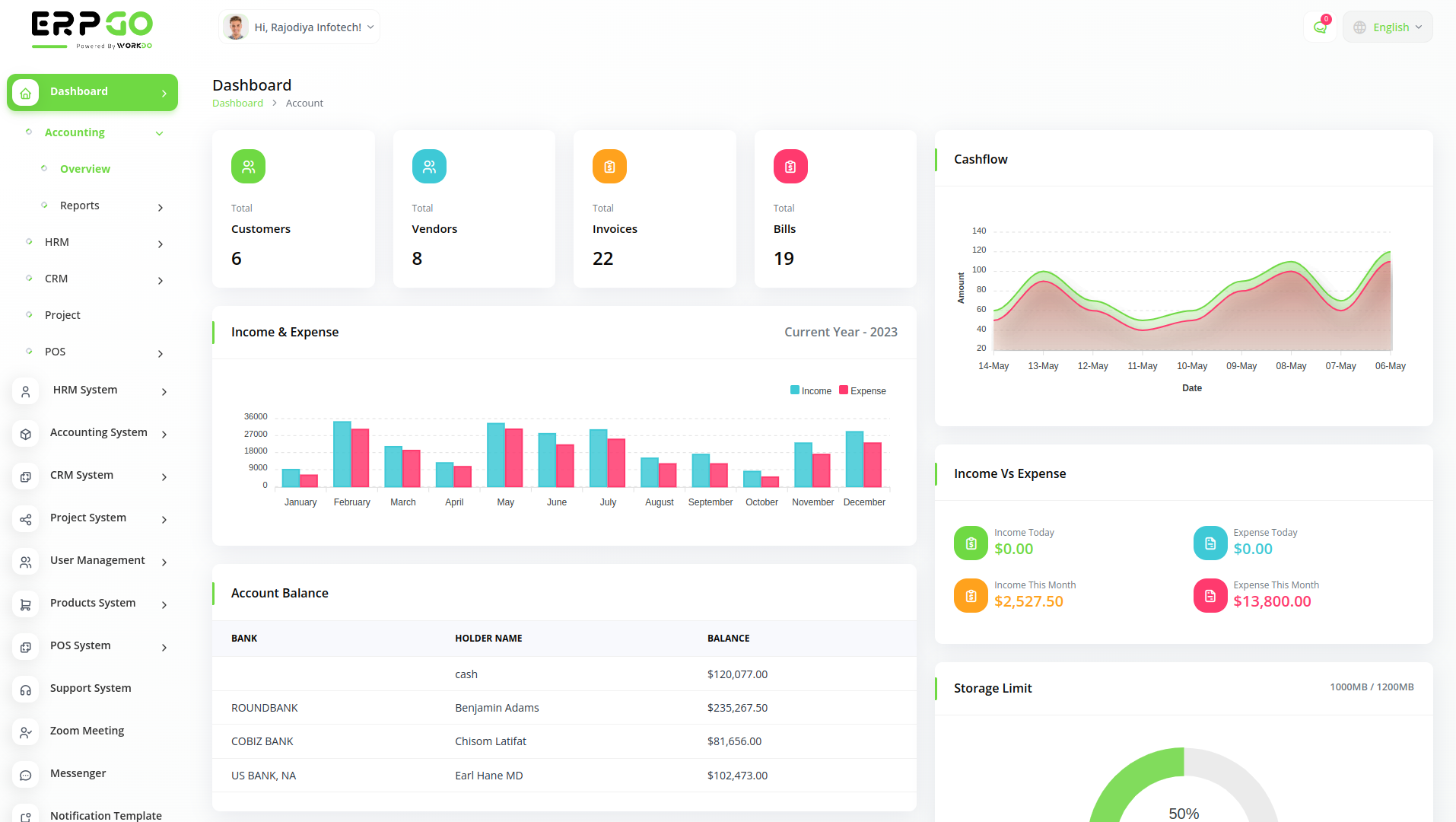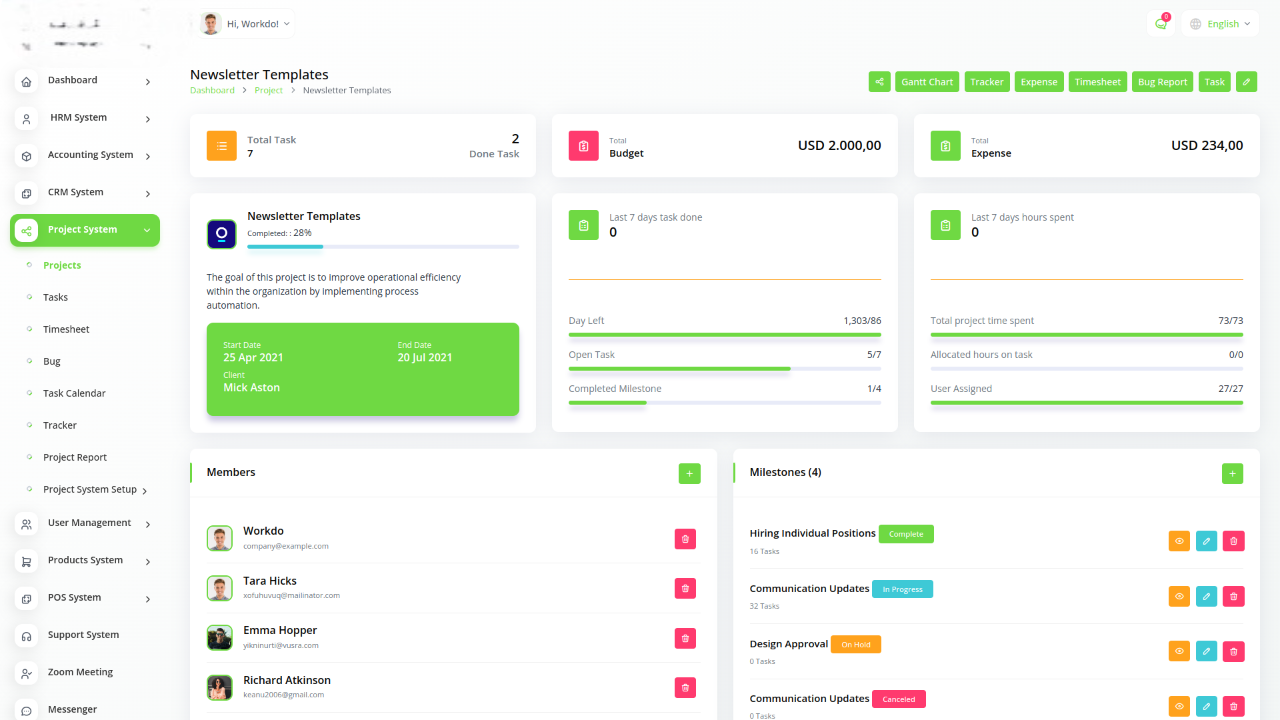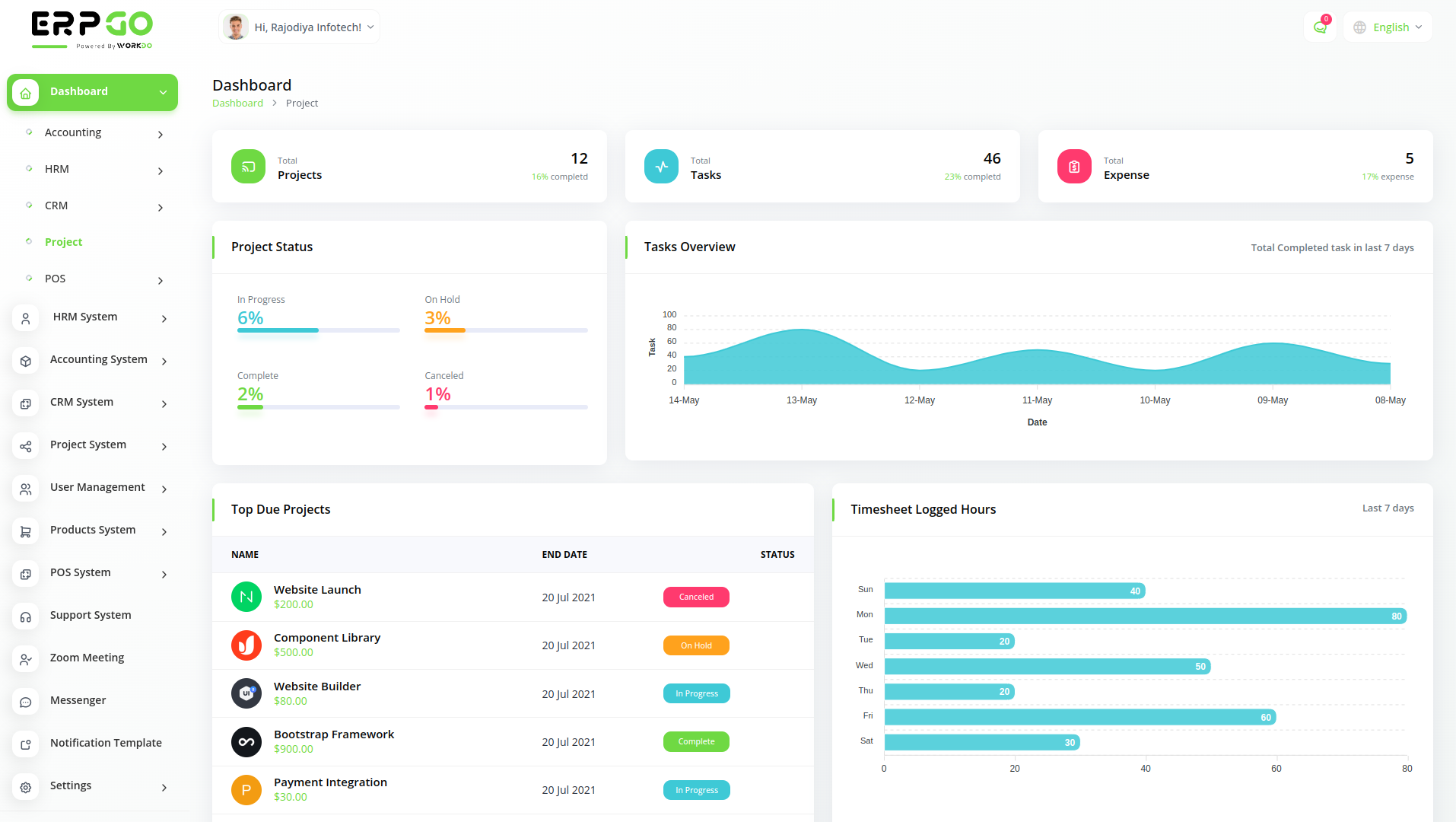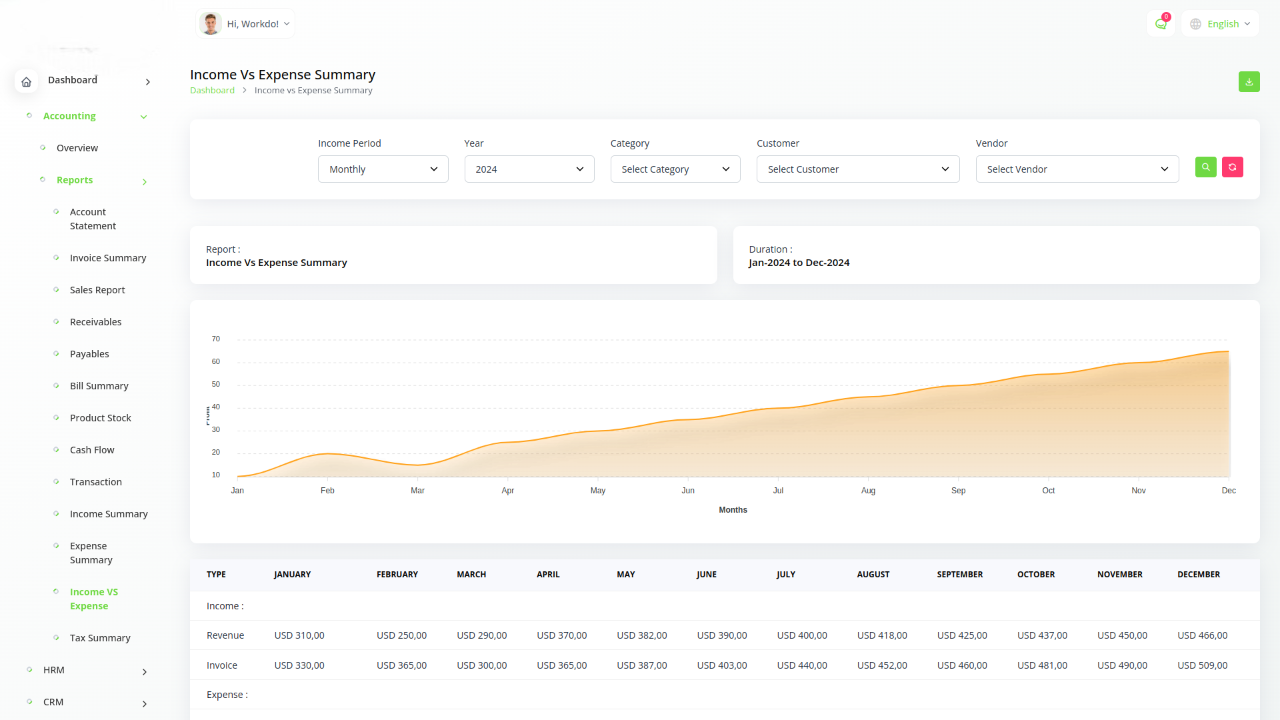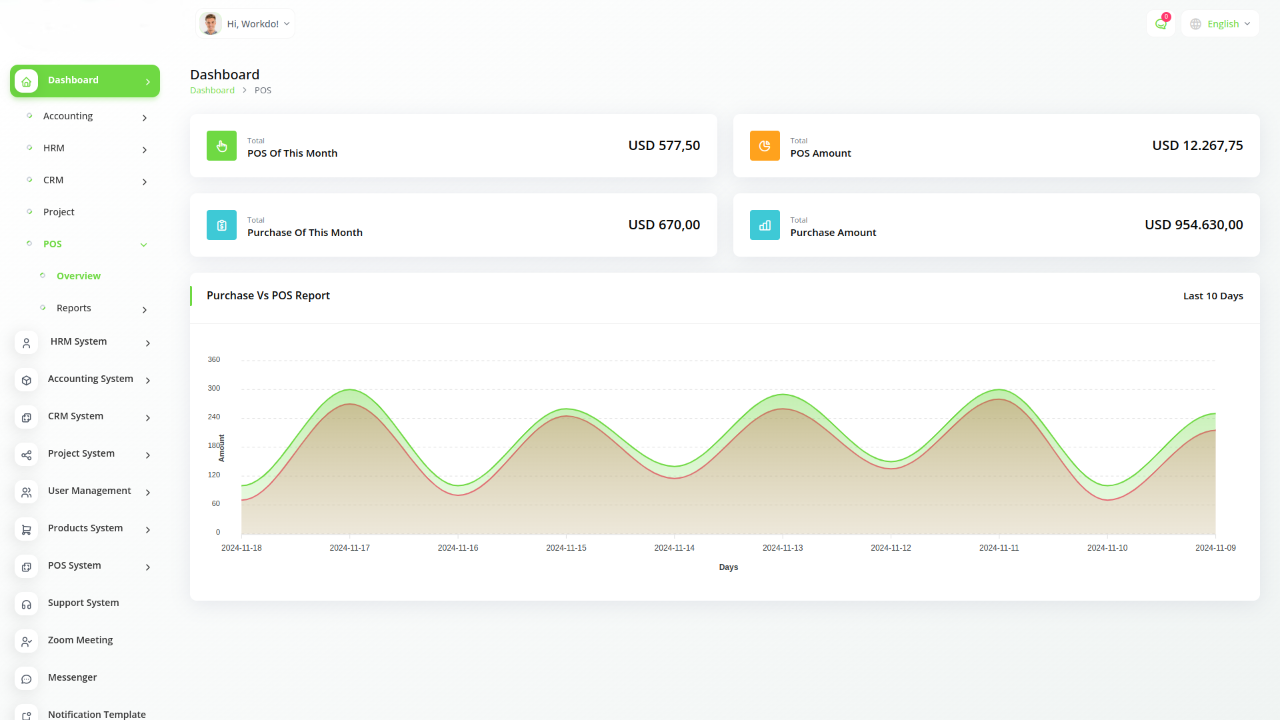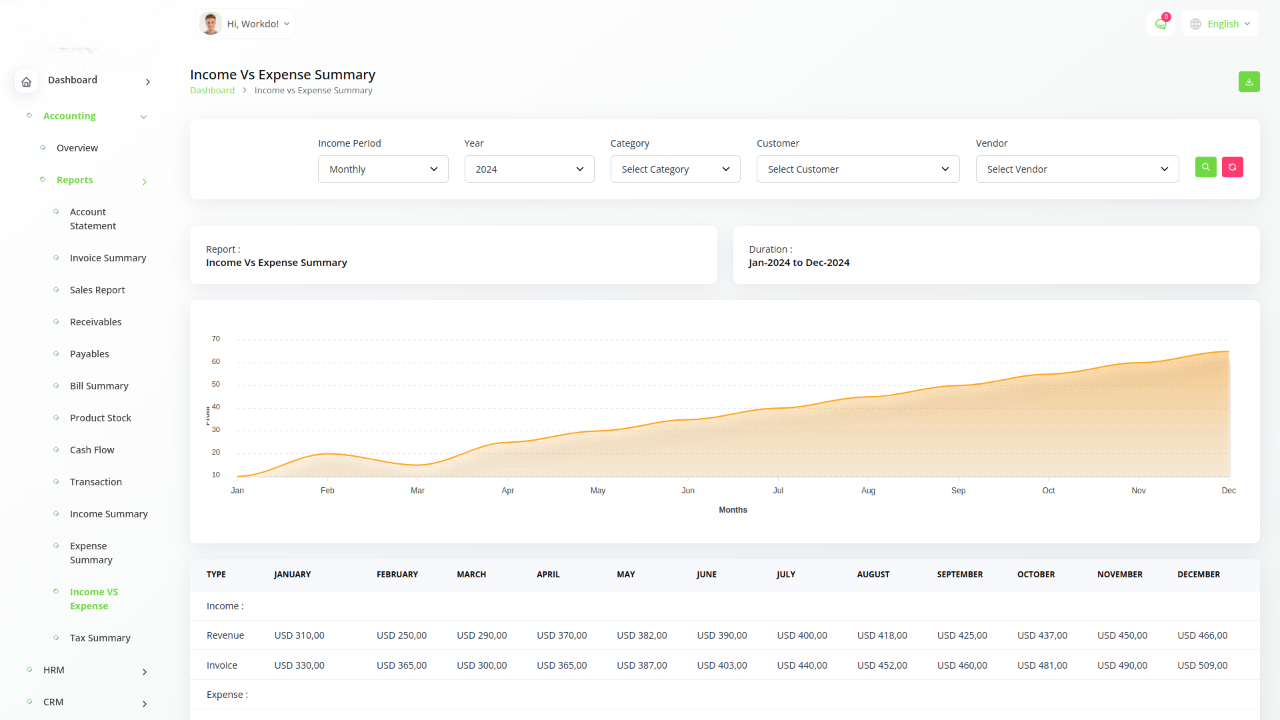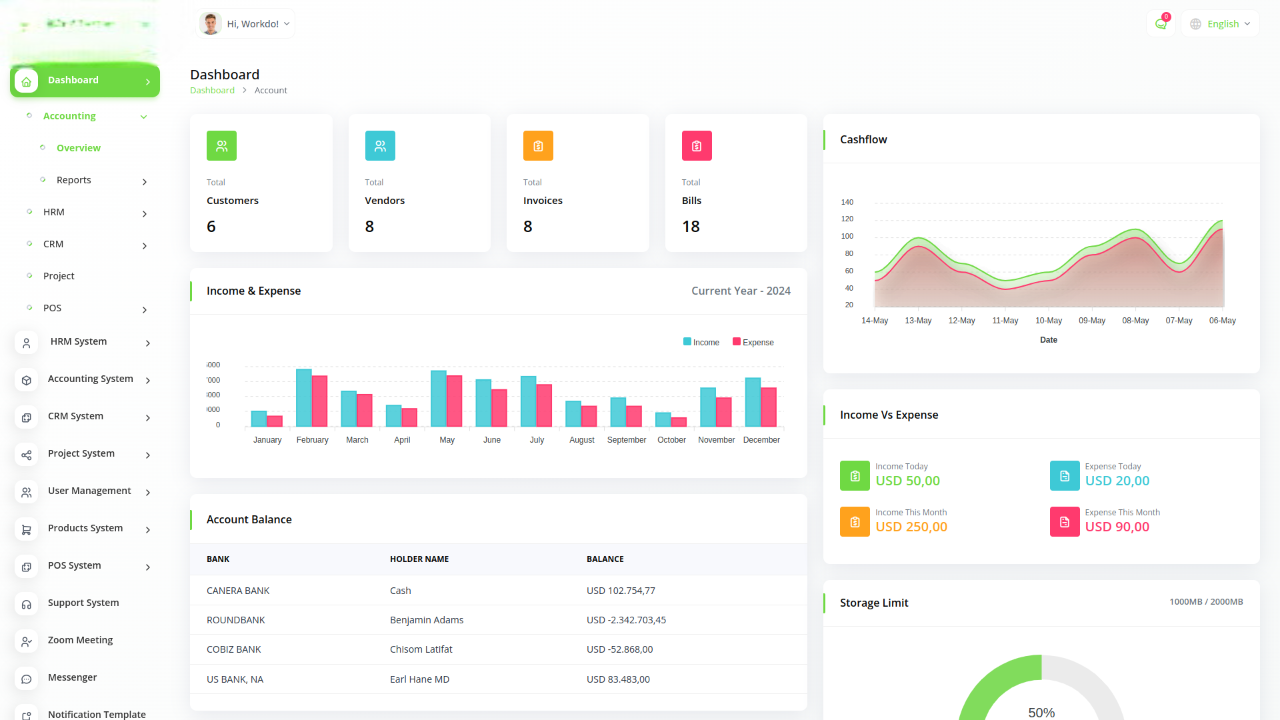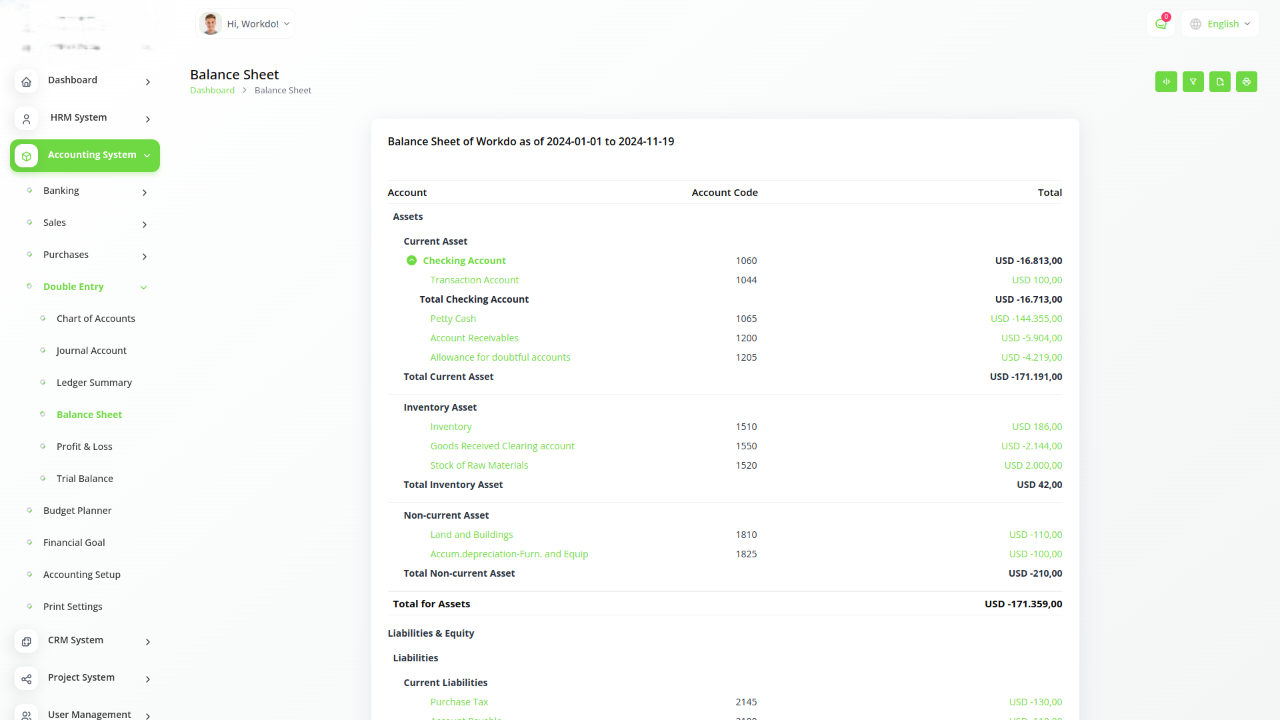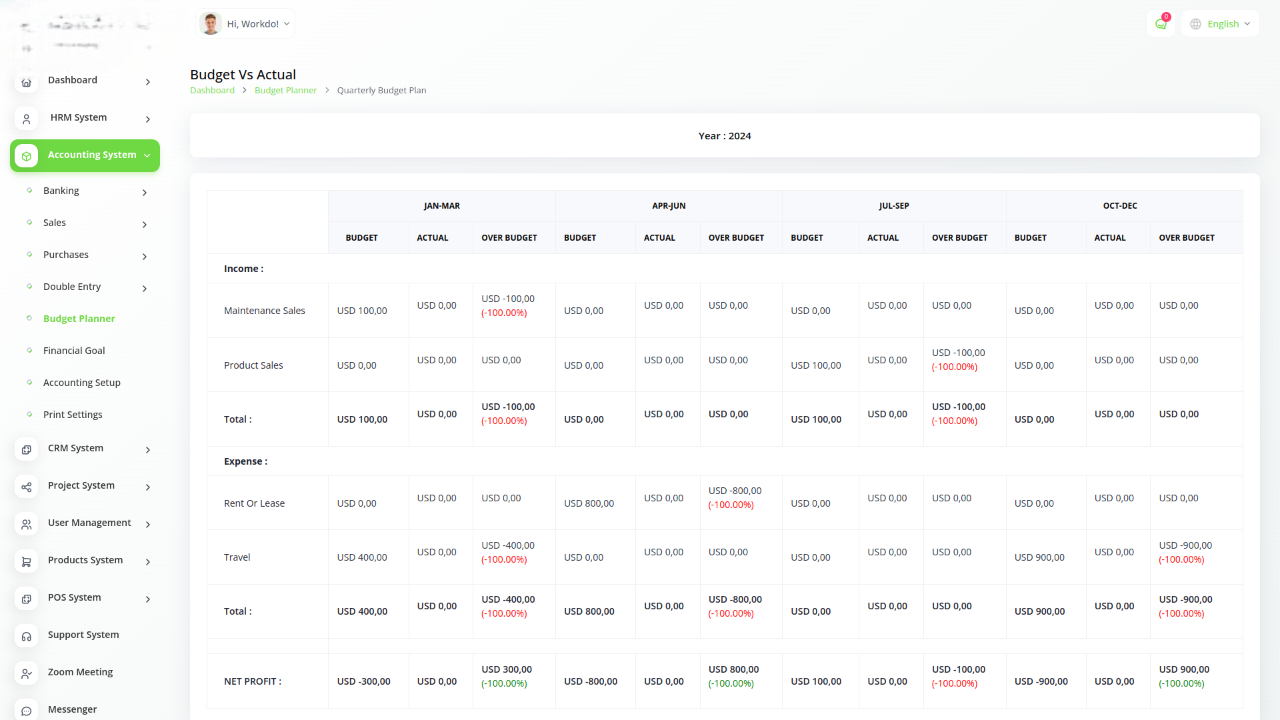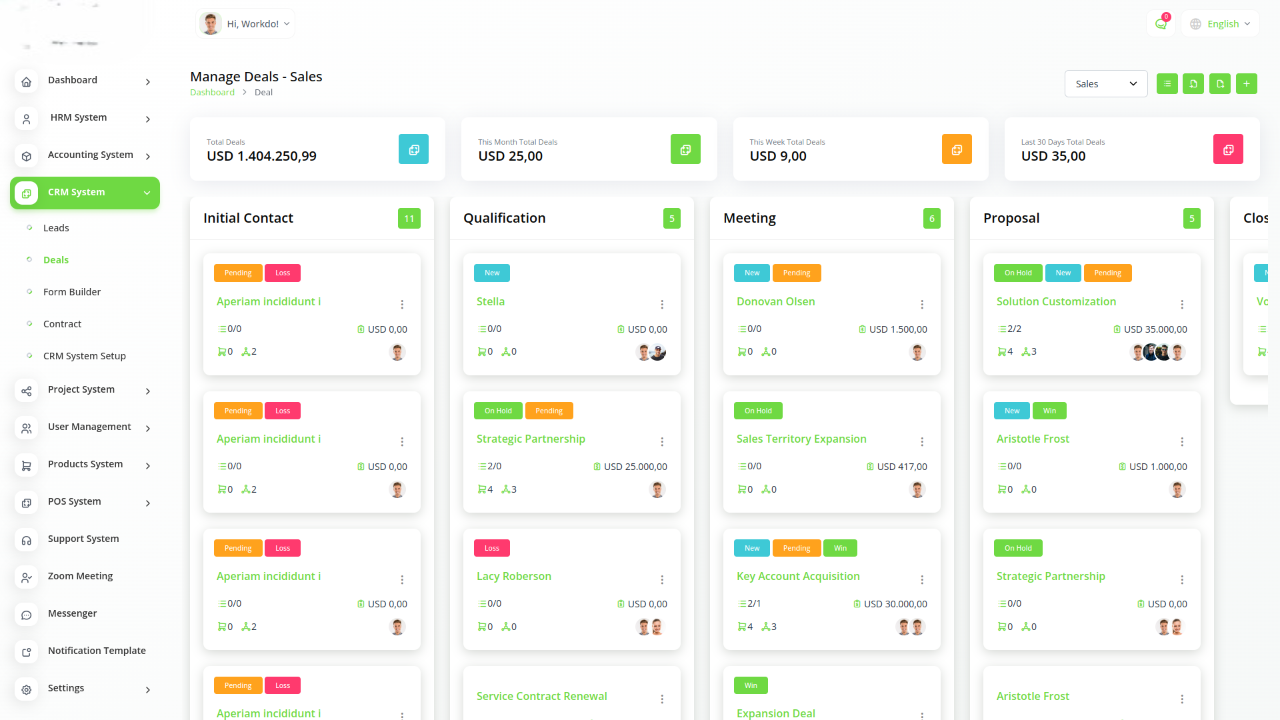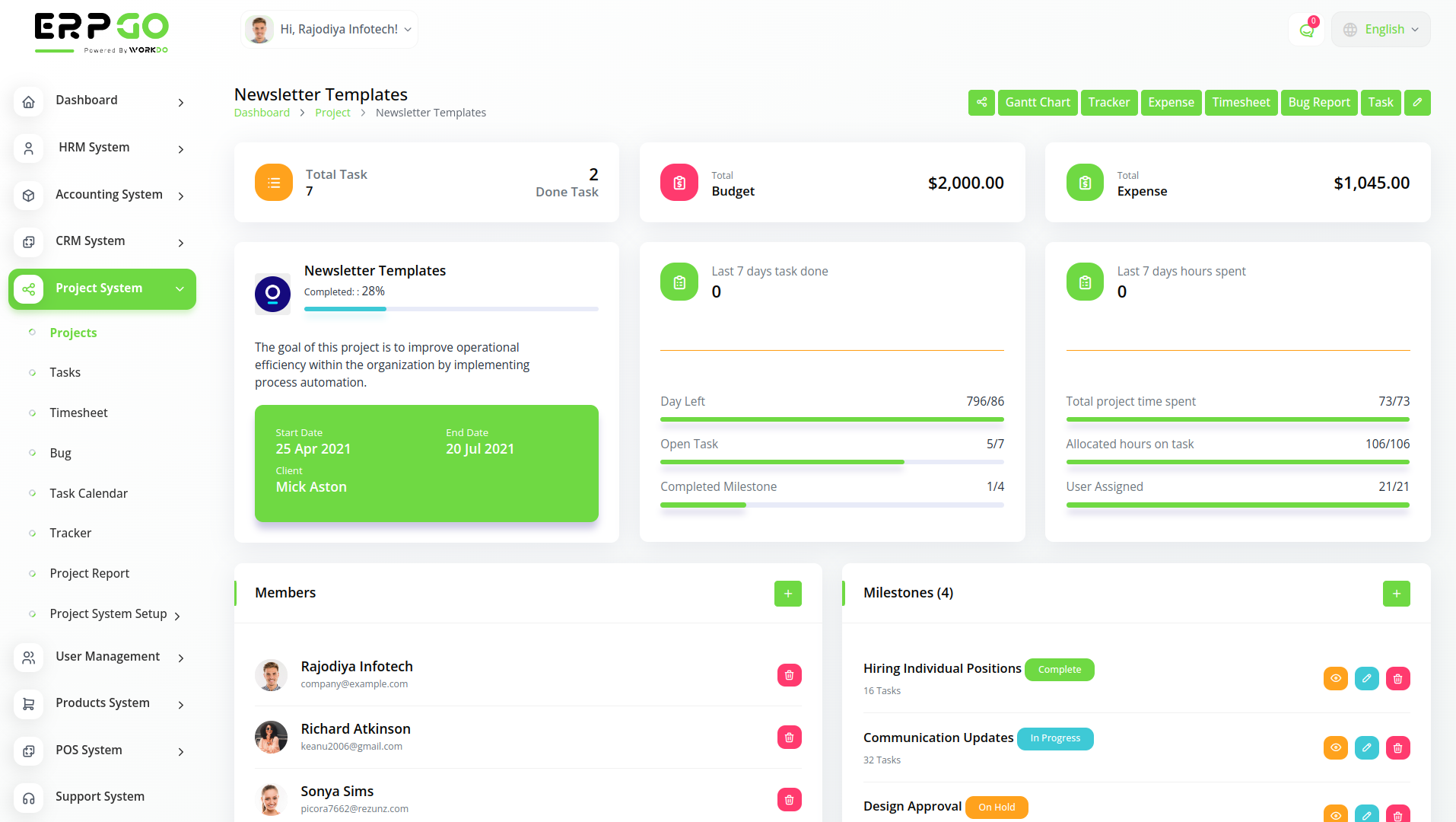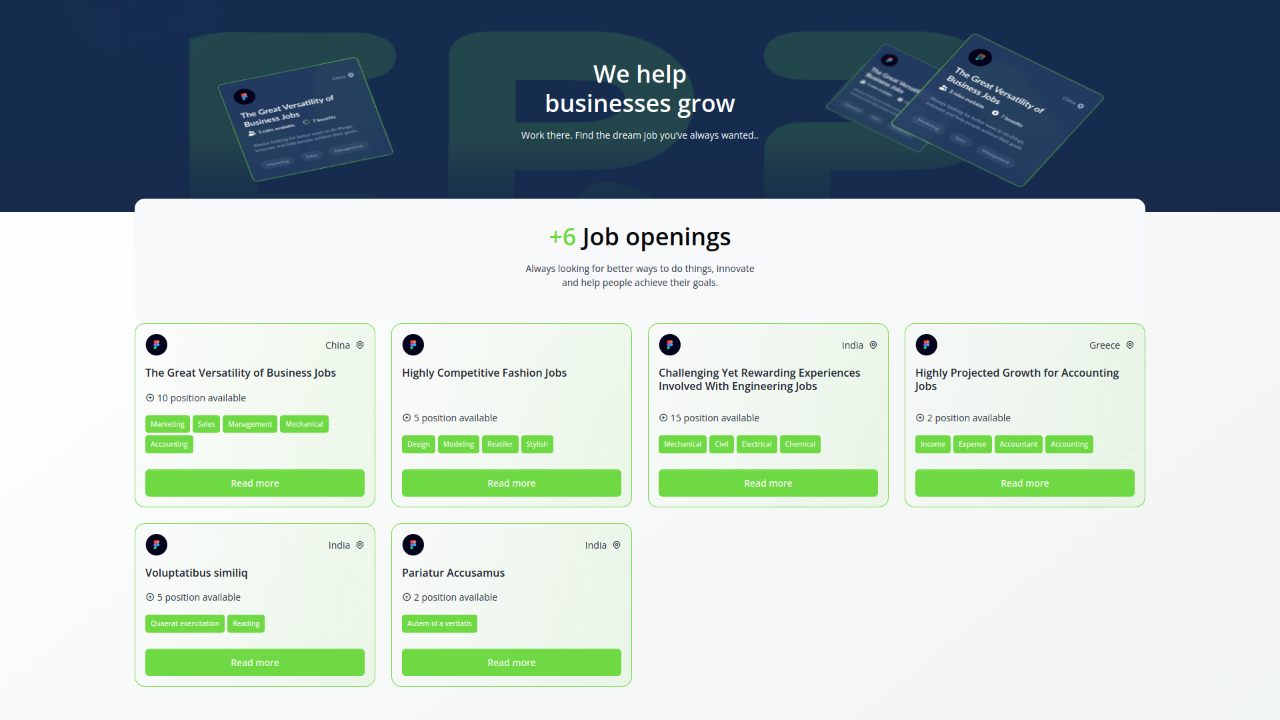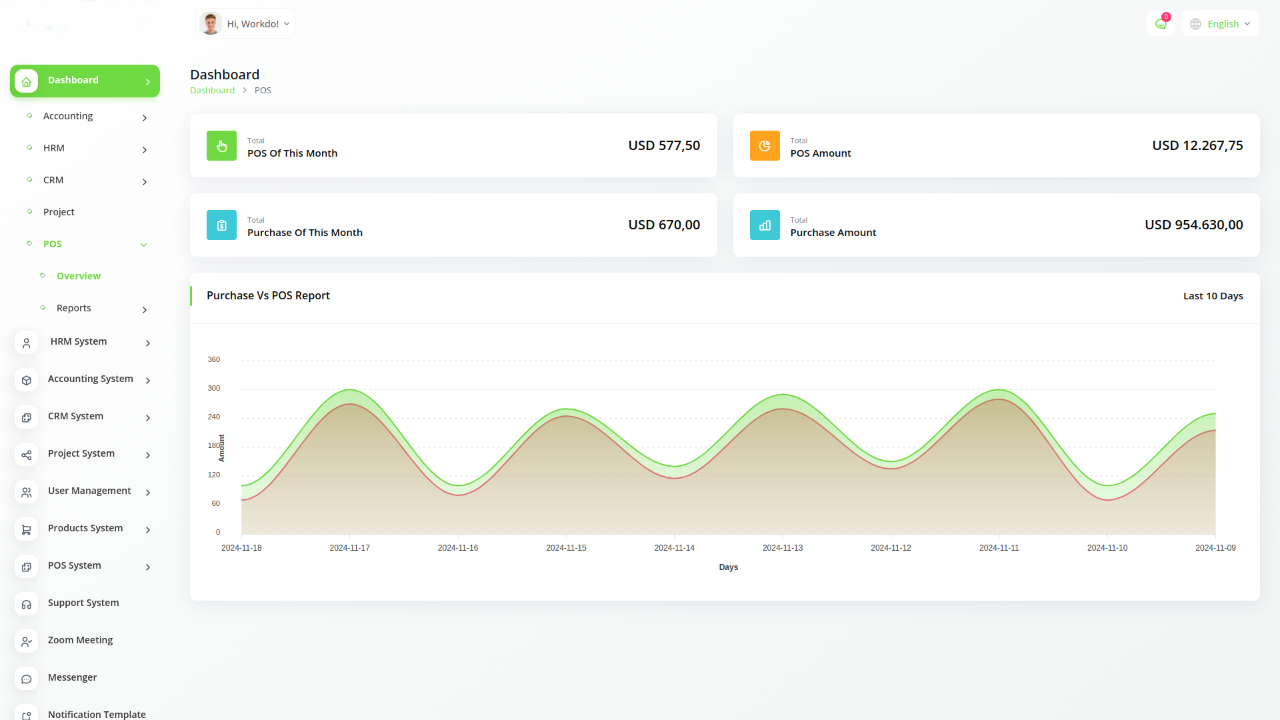ERP (Enterprise Resource Planning) systems help businesses in several key ways by integrating and streamlining core business functions, leading to improved efficiency, data accuracy, and overall decision-making. Here’s how ERP can benefit your business:
1. Streamlined Operations
Automation of Processes: ERP systems automate routine tasks, reducing manual work, errors, and the time spent on repetitive activities.
Centralized Data: It integrates all departments (sales, accounting, HR, inventory, etc.) into a single platform, ensuring smooth data flow between departments.
Increased Productivity: By automating and simplifying processes, employees can focus on higher-value tasks, boosting productivity.
2. Improved Data Accuracy and Real-Time Reporting
Accurate Data: With ERP, data is entered once and automatically updated across all modules, reducing errors caused by manual data entry.
Real-Time Insights: Dashboards and reports provide real-time information, helping managers and decision-makers stay informed and make quicker, data-driven decisions.
3. Enhanced Decision-Making
Business Analytics: ERP systems offer tools for predictive analysis and business intelligence, allowing businesses to forecast trends and make proactive decisions.
Integrated Financial Management: With real-time financial data, companies can gain a clearer understanding of their cash flow, profits, and expenses, leading to better budgeting and financial planning.
4. Better Customer Service
CRM Integration: ERP systems often include CRM features that help businesses track customer interactions, manage leads, and improve customer relationships.
Faster Response Times: With customer data and sales orders centralized, businesses can respond more quickly to customer inquiries and improve service delivery.
5. Cost Savings
Resource Optimization: ERP helps businesses optimize their resources by tracking inventory levels, reducing waste, and improving supply chain management.
Operational Efficiency: By eliminating manual processes and streamlining workflows, ERP systems reduce operational inefficiencies and costs.
6. Scalability
Business Growth: ERP systems can scale as your business grows. New modules and features can be added to accommodate increased complexity and larger operations, making it easier for your business to expand.
7. Compliance and Security
Regulatory Compliance: Many ERP systems are designed to comply with industry standards and regulations, helping businesses maintain compliance with tax laws, financial regulations, and more.
Data Security: ERP systems include built-in security features, such as role-based access controls and data encryption, to ensure sensitive business data is protected.
8. Collaboration and Communication
Cross-Department Collaboration: With shared data and unified workflows, ERP fosters better communication and collaboration across departments, enhancing teamwork and alignment.
Remote Access: Many ERP systems are cloud-based, allowing employees to access data and collaborate from anywhere, improving flexibility and responsiveness.
9. Inventory and Supply Chain Management
Optimized Inventory: ERP systems help businesses track stock levels in real-time, reducing overstocking or stockouts and improving order fulfillment.
Streamlined Procurement: The ERP system can automate procurement processes and track suppliers, helping businesses maintain smooth supply chain operations.
10. Time-Saving
Efficiency Boost: By centralizing all business functions into one system, ERP eliminates the need for businesses to use multiple disparate tools, saving time and reducing errors.
In essence, ERP systems help businesses manage their processes more efficiently, provide better data insights, improve collaboration, and ultimately drive growth by allowing leaders to focus on strategic decision-making.
